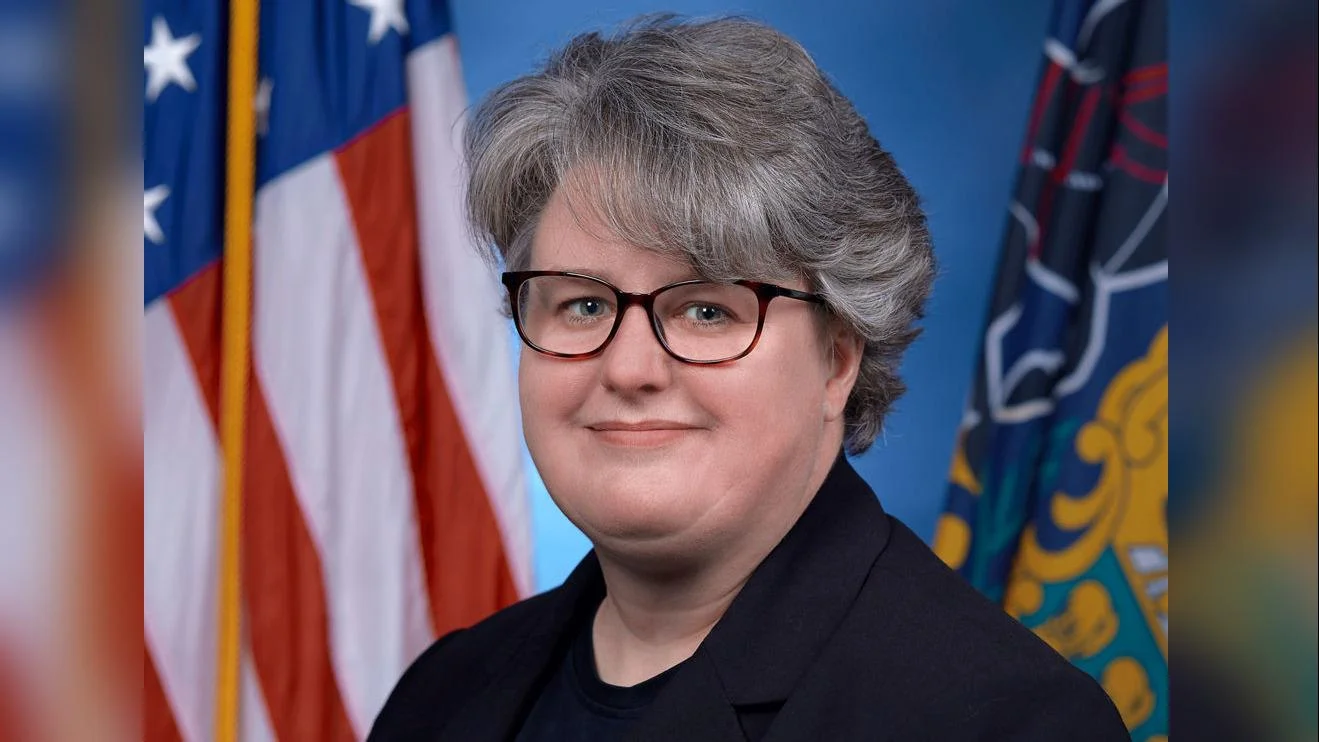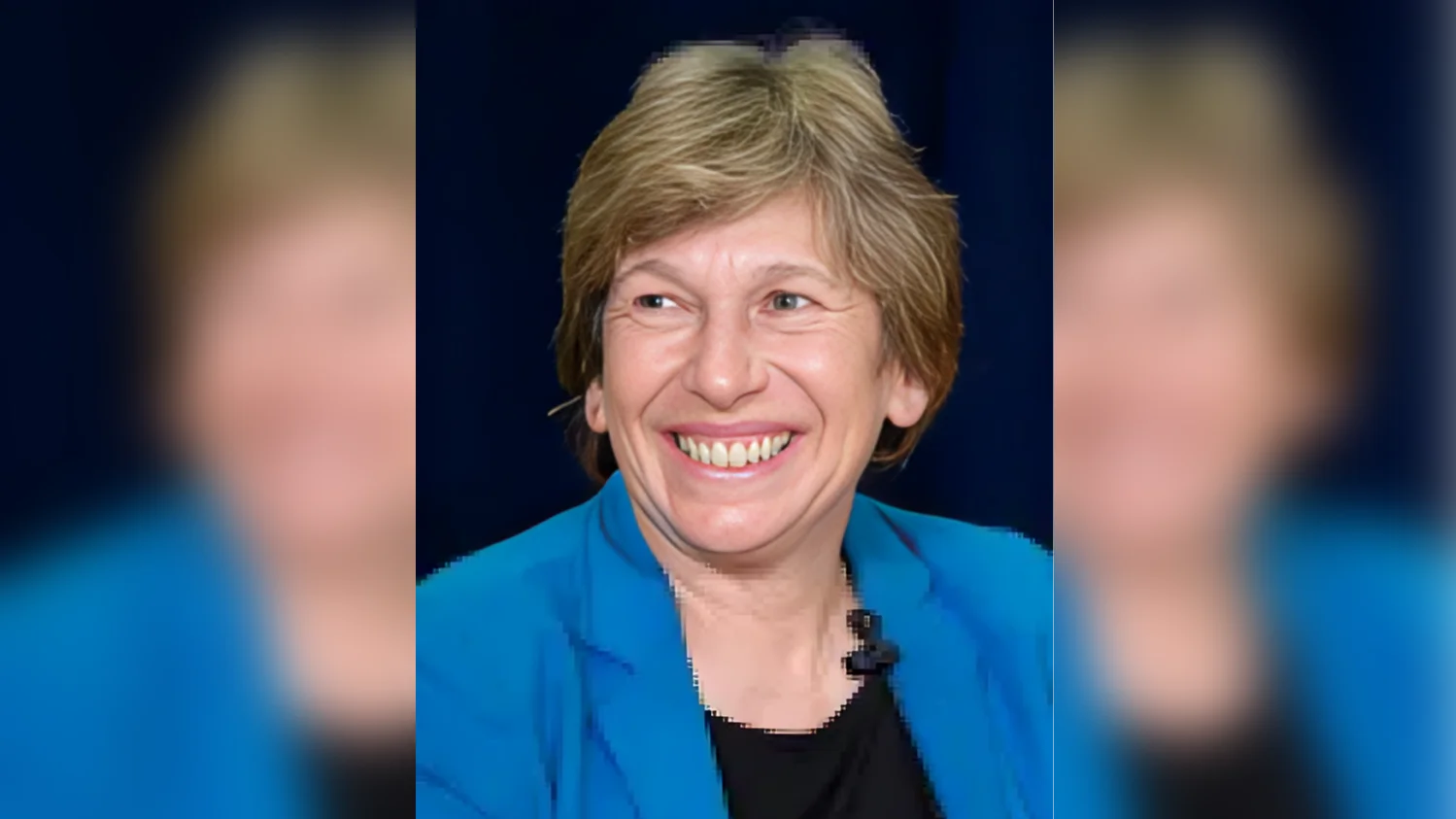
Angela Duckworth, Developmental Psychologist at University of Pennsylvania | University of Pennsylvania
Stricter cellphone policies in schools are linked to higher teacher satisfaction and greater student engagement, according to early results from a national survey of more than 20,000 public school educators. The findings come as schools and states across the United States reconsider how student access to devices impacts learning.
Angela Duckworth, a developmental psychologist at the University of Pennsylvania and part of the research team, explained the relationship between policy strictness and positive outcomes. “There’s a gradient,” Duckworth said. “The farther the phone, the more restrictive the policy, the better the outcome.”
The survey found that not only does timing of access matter—such as whether students can use phones during lunch or breaks—but so does location. Policies that require phones to be left at home are rare but show particularly strong results. Alternatives like locking phones in pouches or keeping them in hallway lockers also yield positive effects.
By contrast, policies allowing students to keep their phones with them—even if out of sight—are less effective. This approach is still the most common, with about half of surveyed teachers reporting such rules at their schools.
Duckworth compared this arrangement to allowing snacks in pockets while prohibiting eating between meals: “It’s psychologically foolish to do,” she said about letting students carry their phones while expecting compliance with device restrictions.
Duckworth recently visited a New Jersey middle school identified by several educators as having an ideal cellphone policy. There, students are reminded each morning to leave devices in their lockers until the end of the school day. According to Duckworth, “She had the very good sense to realize that you cannot will yourself not to do something from first bell to last bell… You cannot solve the problem through individual will power.”
The ongoing survey is part of Phones in Focus, a nonpartisan research initiative aiming for 100,000 educator responses by the end of the 2025-26 academic year. The goal is broad participation from school staff nationwide.
“We feel passionately there needs to be evidence [behind cellphone policies] and that teacher voice has been missing from this very vigorous debate,” Duckworth said. “We want to give teachers that voice.”
Over recent years, more schools and states have adopted formal cellphone policies; currently, 34 states and Washington D.C. restrict or ban device use during school hours based on information from Children and Screens: Institute of Digital Media and Child Development.
Kris Perry, executive director of Children and Screens, noted that smartphones are designed for maximum attention capture—a fact supported by at least ten years of research—and said it follows that classrooms without them would benefit instructors.
“Teachers’ experience is obviously a really good sign,” Perry stated regarding Phones in Focus findings. “But underneath that we hope it’s related to students’ experience improving, and then students’ performance improving. That’s ultimately what we’re after here.”





 Alerts Sign-up
Alerts Sign-up